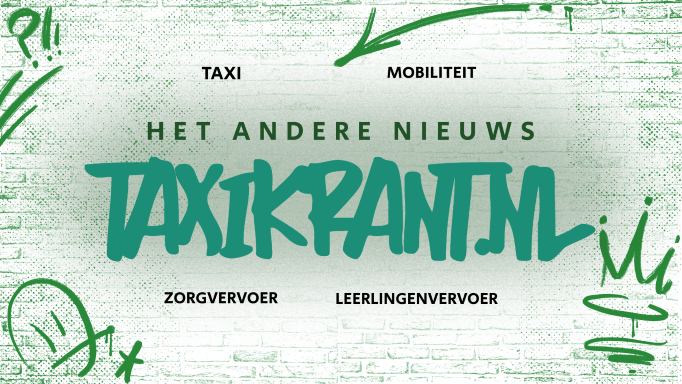It is incomprehensible that a union accepts that employees are punished if they are unable to work due to illness.
The strike in student and care transport continues, despite the fact that the CNV union accepts the employers' final offer. FNV said this on the news of the agreement last Tuesday. 22.000 people work in the sector, mainly with a part-time contract of an average of 20 hours per week. As far as FNV is concerned, the current collective labor agreement expires on 31 December 2022.
According to Meindert Gorter, director FNV, the other union agrees to something that has not been negotiated properly and they do not know what they are going to sign for. In addition, FNV members continue to fight for full wage payment in case of illness. Gorter finds it incomprehensible that a trade union accepts that employees are punished if they are unable to work due to illness.
The employers let an ultimatum expire on November 11 with demands from employees about a new collective labor agreement for healthcare transport and taxi. Relay strikes began in a number of regions on November 18 in response. On the same day, the unions were invited to talk further, but those talks ended disappointingly. The FNV members then decided to go on strike.
In a statement, KNV chairman Bertho Eckhardt says: “We hope that FNV will still participate and refrain from the strikes. We would be surprised if these strikes were continued now that there is a valid collective labor agreement. Of course FNV members are allowed to strike, that is their right. But for people who depend on care transport, for example students in special primary education and people with disabilities, this strike is really bad.”

NEA index 13,7% in 2023
Panteia has calculated that the NEA index for healthcare and taxi transport will be 2023% in 13,7. The two most important developments that are taken into account are the 8% increase in collective labor agreement wages as of 1 January 2023, bringing the cost development to a total of 6,8% for 2023, and the enormous increase in fuel costs in 2022, resulting in a correction of 6,9 .XNUMX% will be carried forward for the following year.
The cost developments are based on established facts, such as the Collective Labor Agreement for Healthcare Transport and Taxi, and forecasts from the Central Planning Bureau. Cost increases as a result of increased congestion have not been taken into account in the calculation of the cost development. Future cost developments that are still uncertain are also not included in the estimates.
The main cause of the historically high NEA index is the increase in energy prices. Naturally, this translates one-on-one into the fuel costs. In addition, almost all cost types have risen enormously, because energy forms a large part of the production costs. This has pushed inflation to an all-time high, resulting in wages rising substantially to meet the cost of living.



